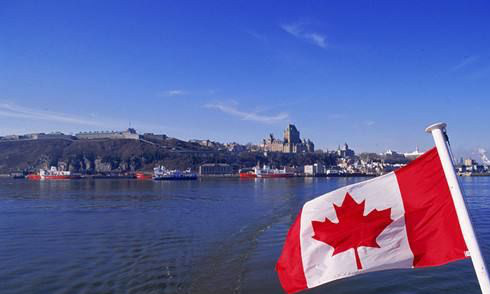发布时间:2020-12-15 热度:
国际关系论文代写,国际关系网课代修,国际关系作业代写,高端代写为您服务。
Upload your answers to your two questions separately to the appropriate folder.
1. You must answer TWO of the following questions in no more than 1500 words each (not counting references). 12 point font, single spaced.
2. You must cite at least 5 assigned readings or other course resources in each of your answers. You should cite in-text and also give a bibliography at the end. These questions cover the entire syllabus, so you can use relevant readings from any part of it, as well as lecture notes, slides, clips shown, links from on-line readings, for example, articles from The Conversation. Individual chapters of the textbook may count as separate readings. Make sure you cite page numbers wherever relevant to support your argument. Page numbers of sources should be your default.
3. Please answer each question part by part. These answers are not in essay format but paragraphs and full sentences are required.
4. Make sure you read each question carefully, that you answer all parts of the question, and that your arguments are backed up with evidence and arguments from the texts you reference in your answer. Define the key terms and concepts that appear in the question.
5. Answers that receive full points will integrate insights and information from across the semester into a cohesive argument.
6. Upload each of your two answers individually in Word format to bCourses under the correctly labeled assignment (ex. Final Question 1 and Final Question 3).

QUESTIONS
1. The Role of Non-State Actors in Global Environmental Politics and Governance
A. Different sorts of actors in global environmental governance draw on different resources to exert influence. These include power, expertise, money and moral authority. Which types of actors are likely to draw on each, and why? Nation states can be included in this answer. (25 points)
B. Two leading examples of non-state actors are environmental NGOs and corporate sector actors. Define and give examples of each of these. From the cases (including treaties) we have looked at in this course, give three specific examples of how corporate or environmental NGO actors sought to influence the outcomes of international environmental negotiations. Did they succeed? Why or why not? Why might it be hard to tell? (45 points)
C. Shannon Orr, in her article on civil society and the Paris Agreement outlines the challenges civil society actors faced at the Paris Agreement negotiations. What were these challenges? What were the restrictions placed on civil society attendees, and why is this a worrying trend? (20 points)
D. Choosing one of the treaties you analyzed, how does it include non-state actors (including scientists) in the text, in your own words? Cite the relevant Article in the treaty. (10 points)
2. Science and Knowledge
A. The role of science in international environmental politics is contested. Why is this the case? How does the concept of “epistemic community” describe how scientists engage with global environmental governance? Give an example of an application of and a critique of this model. 25 points
B. The Intergovernmental Panel on Climate Change (IPCC) is the leading example of a scientific organization in global environmental governance. What is it and what does it do? Regarding other issue areas, how are scientific bodies and expertise incorporated into one of CITES, CCAMLR or another one of treaties we examined in class? Cite Articles in your answer. 20 points
C. What factors establish “traditional” expert credibility in global climate governance?
Which voices challenge this status quo? Specifically:
I. How does indigenous or local knowledge (define!) manifest itself as relevant to climate change? Focus on examples from the Arctic.
Ii. Why is it important to pay attention to North-South gaps in recognized knowledge or expertise? 30 points
D. It is hard to believe we are still dealing with climate deniers. What strategies are suggested in the course materials, including talks from Dr. Katharine Heyhoe, to engage with this movement? Name one strategy for building climate literacy. 15 points
E. What principle comes into play in international agreements to address uncertainty? Give an example that shows what it means. 10 points
3. Impacts and Effectiveness of Global Environmental Governance
A. The field of global environmental politics initiated a debate about the effectiveness of international treaties and agreements. This is particular important when it comes to the state of the global environment. What are the main differences between problem-solving effectiveness and compliance, and what are the challenges in terms of assessing them empirically? 15 points
B. Thinking specifically about compliance, identify and discuss three elements of regime design that alter states’ will or their capacity to comply. Is it better to punish non-compliance or to help states meet their obligations? Illustrate with examples from specific regimes. 35 points








